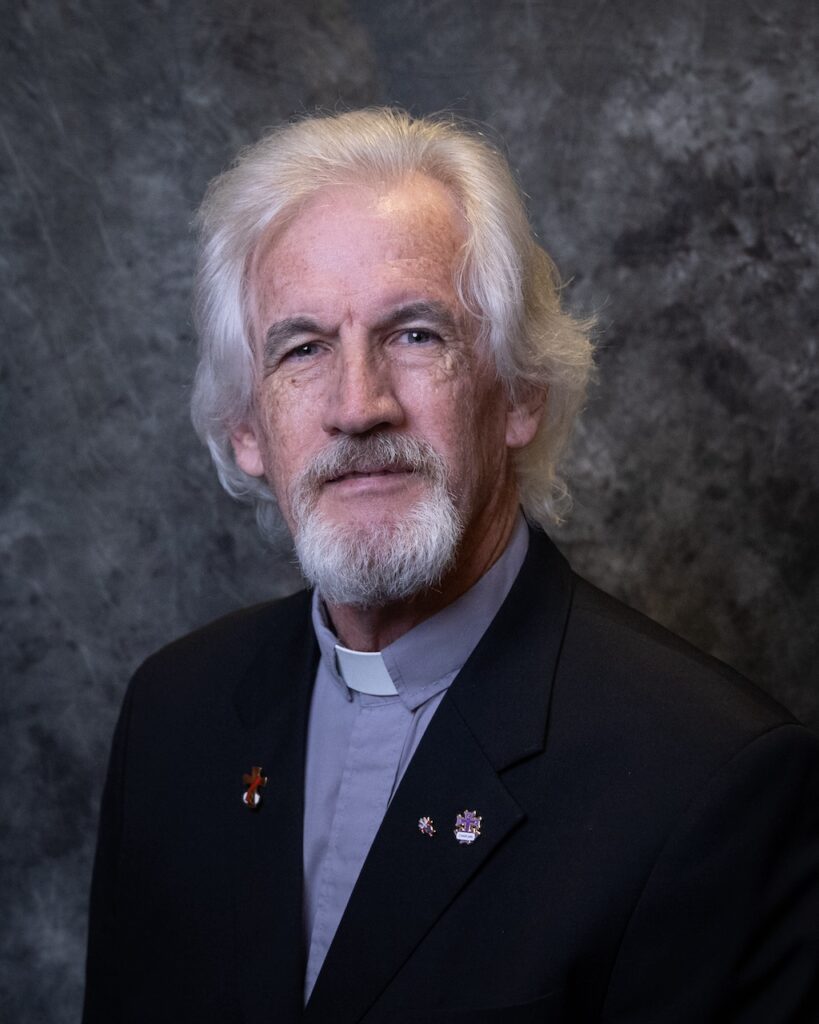Reflection on Mass readings for July 14 (15th Sunday in Ordinary Time)
Amos 7:12-15
Psalm 85:9-10, 11-12, 13-14
Ephesians 1:3-14 or 1:3-10
Mark 6:7-13
God speaks to us this weekend about vocations, our callings in life. When we hear the word vocation, we often think of a calling to ordained or consecrated life: the priesthood, the diaconate or the religious life. However, we can serve God in many ways within our vocations. Permanent deacons are called to ordained ministry while maintaining their chosen careers.
Our faith should add special meaning to our individual callings in life and enable us to see it as serving God. Pope Francis, on the occasion of the 61st World Day of Prayer for Vocations, April 21, 2024, said, “Each year, the World Day of Prayer for Vocations invites us to reflect on the precious gift of the Lord’s call to each of us, as members of his faithful pilgrim people, to participate in his loving plan and to embody the beauty of the Gospel in different states of life.”
Different states of life can mean not only the consecrated or ordained life, but married life or single life. We can also give our lives through our careers or other activities, such as charitable commitments.
How do we know that we are living out God’s call in our life? Lazarus Cardinal You Heung-sik, prefect of the Dicastery for Clergy, gives us one answer to that question. In an interview with the Vatican newspaper L’Osservatore Romano on April 18, he said, “Vocation is essentially the call to be happy, to take charge of one’s life, to realize it fully and not waste it.”
The talents and skills God has given us may lead us to careers in which we find satisfaction and happiness. St. Paul tells us in the letter to the Ephesians: we were chosen and sealed with the Holy Spirit, “the first installment of our inheritance as God’s possession, to the praise of his glory” (Eph 1:14). We are in the right place in our lives if we are happy, feel fulfilled or satisfied, and through our lives give glory and praise to God.
Sometimes God calls us to a vocation we least expect. Amos tells Amaziah that the Lord called him from his former life as a shepherd and dresser of sycamores to prophesy to Israel. All of Jesus’ twelve Apostles came from different careers and probably never expected to be called to preach about the Kingdom of God.
Two stark examples of this are Simon the Zealot and Matthew the tax collector. One tradition about Simon is that his moniker “the Zealot” identified him as a member of a revolutionary group that advocated and worked to overthrow the Roman occupation. Matthew was despised by the Jewish people because he worked for the Romans collecting taxes.
Yet, Jesus called them to proclaim his Gospel of peace and love. Did either of them expect to be called to be apostles of the Messiah of peace and justice?
To know fully what God expects of us, we must use the wisdom God has offered us and the insight and knowledge he gives us to discern our callings in life. St. Paul tells us we are destined for the purpose of bringing about God’s will. How we achieve that destiny is up to us. If, through our vocation, we give praise to God’s glory, then we assist in the completion of God’s will.
Answering God’s call isn’t always easy. When we find that calling and answer it, we store up riches for eternal happiness for ourselves and help bring about the kingdom of God.
 Deacon Christopher Colville serves at Church of the Redeemer, Mechanicsville.
Deacon Christopher Colville serves at Church of the Redeemer, Mechanicsville.

